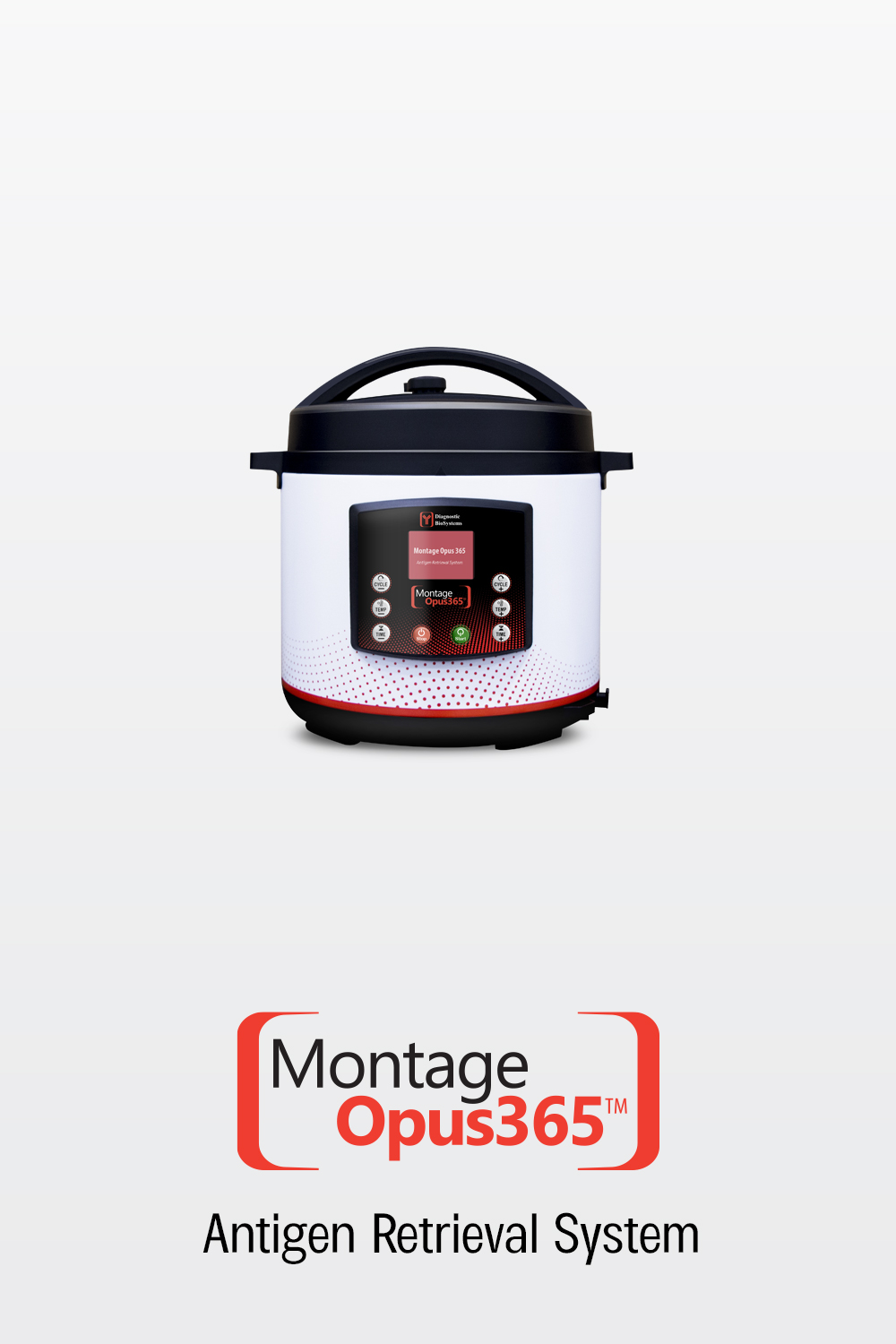CANCER AWARENESS
Cervical Cancer Awareness Month
Worldwide, cervical cancer is the fourth most frequent cancer in women. In the year 2020, there were an estimated 604,000 new cases and 342,000 deaths. Squamous carcinoma is the most common type of cervical carcinoma, accounting for 80% – 90% and followed by adenocarcinoma, accounting about 10% – 20%. People between the ages of 35 and 44 are most frequently diagnosed with cervical cancer and pre-cancer.
The average age at diagnosis of cervical cancer is 50. A large majority of cervical cancer, more than 95%, is due to the human papillomavirus (HPV), and about 70% of HPV-related cervical cancer is caused by HPV-16 and HPV-18. HPV infection is a sexually transmitted disease. Cervical cancers are generally symptomatic with bloody or watery foul vaginal discharge and/or irregular blood spotting between periods in women of reproductive age and postmenopausal women.
A well-proven way to prevent cervical cancer is to have screening tests, including the PAP smear and the HPV test. The PAP smear is a procedure used to collect cells from the cervix so that they can be looked at closely in the laboratory to find cervical cancer and pre-cancer.
The HPV immunohistochemistry (IHC) tests, including HPV subtypes 16/18 and 6/11 IHC and p16 IHC, look for infection by low-risk or high-risk types of HPV that are most likely to cause pre-cancers and cancers of the cervix.
HPV16: https://bit.ly/DBSHPV
CD117/c-kit: https://dbiosys.com/product/cd117-c-kit/
Order Now: https://bit.ly/DBS-Distributors
Website: https://dbiosys.com




